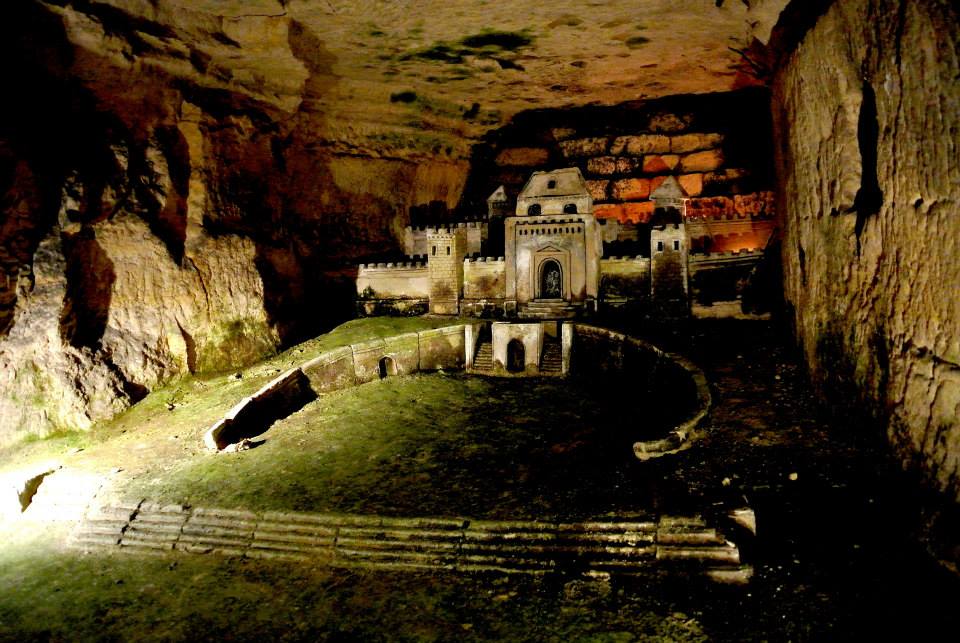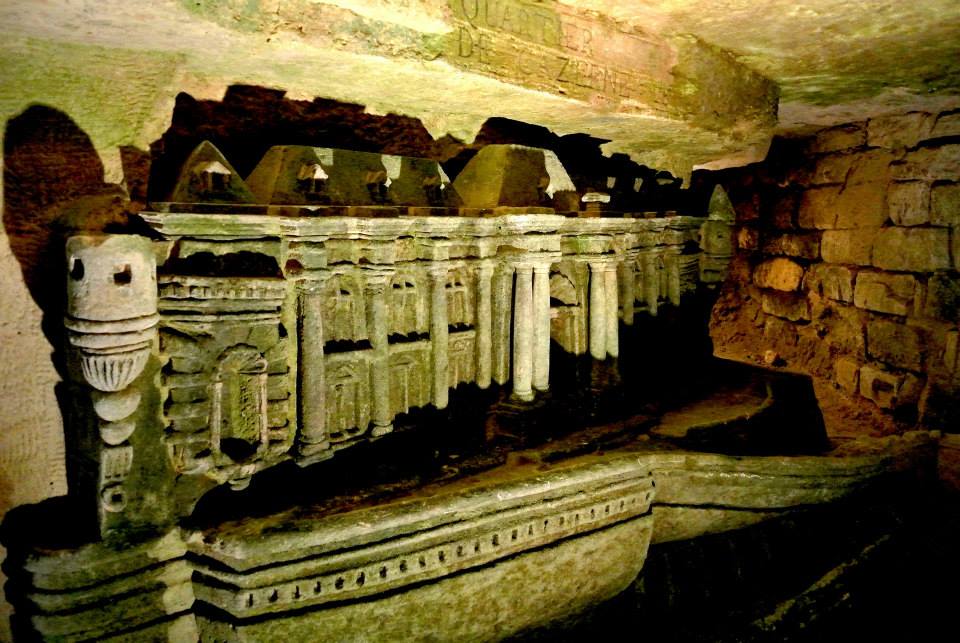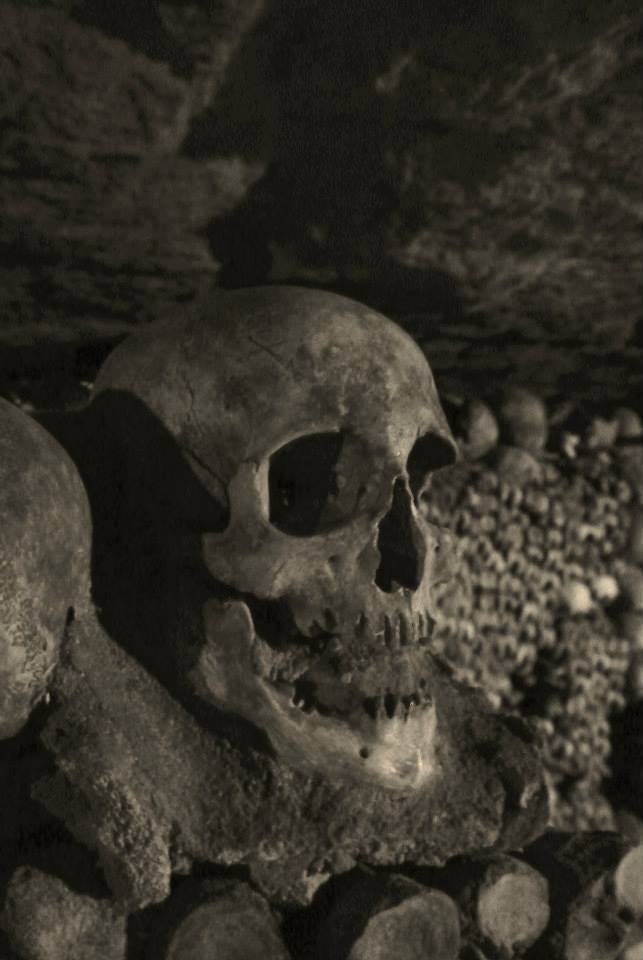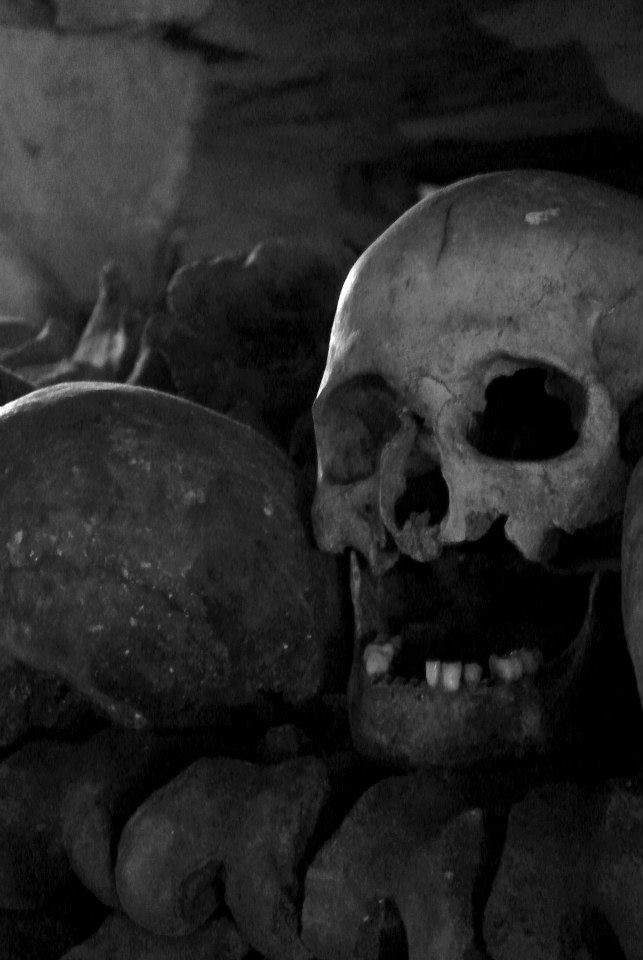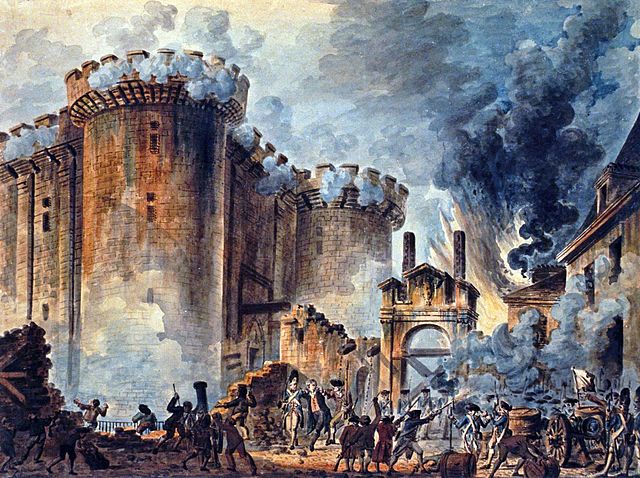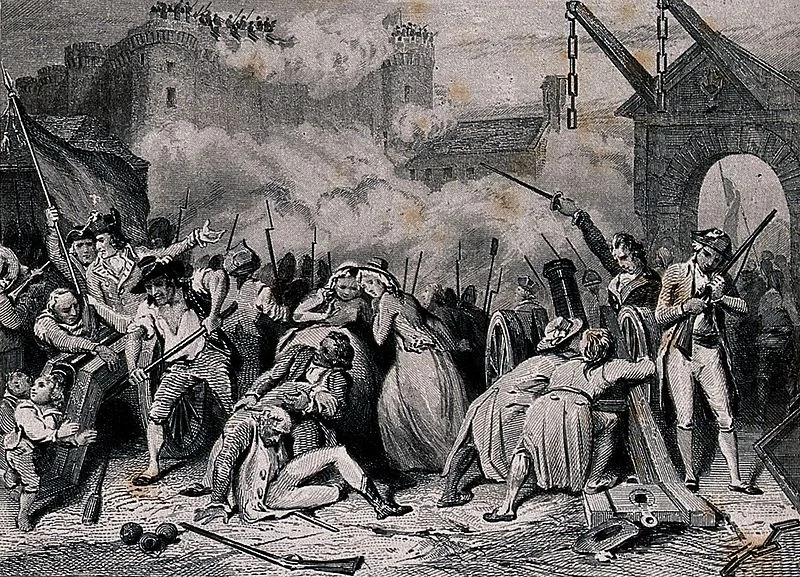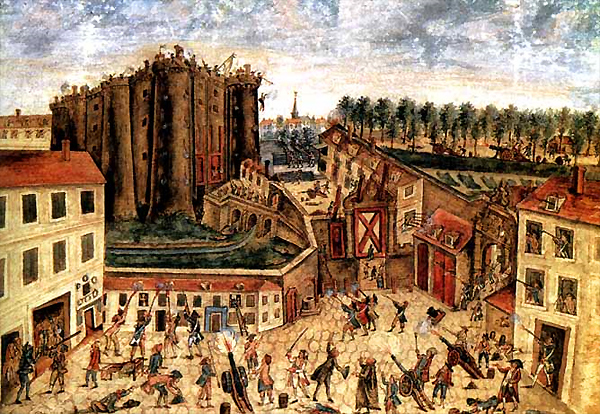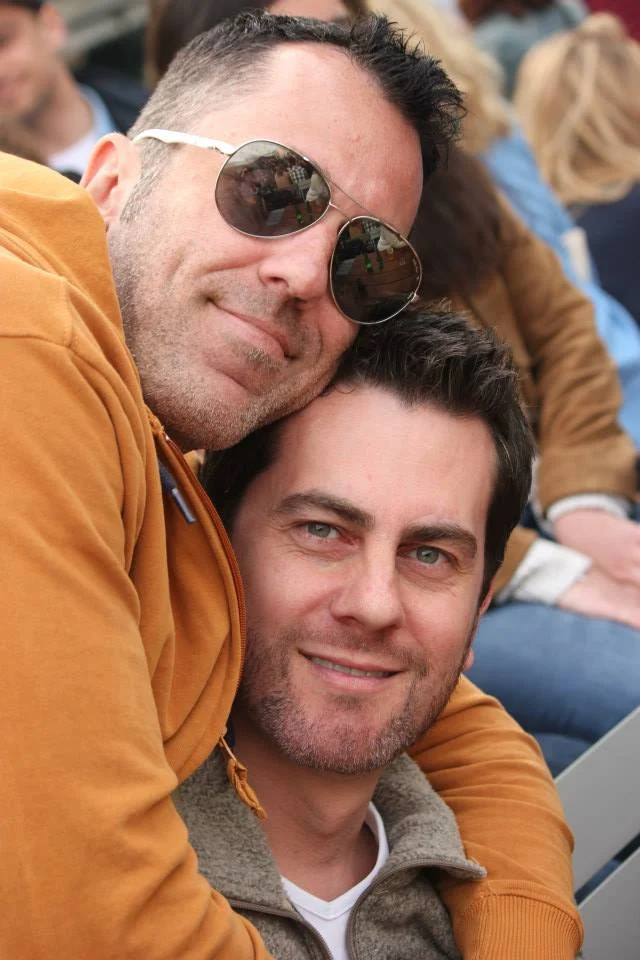What’s your favorite thing about Paris?
Kent: My favorite thing about Paris is that no matter how often you visit or how long you lived here, there is always something new to discover, whether a neighborhood, restaurant, venue, etc. Like our most recent find last summer was a watering hole called Ground Control: a deserted train junction converted into an open-air beer and wine garden on the north side of Paris.
Michael: It’s like being stuck in the 1970s but you can have a smartphone.
What’s the dumbest thing Parisians do?
Kent: Restaurants often make you share menus. Waiting in line is really pushing and shoving in a crowd.
Michael: It’s a tie. They complain about air conditioning being environmentally bad, but then in winter they use electric heaters to heat the outside. Also they think AC causes diseases.
Have things changed since the terror attacks?
Kent: The only thing you really notice since the attacks are more armed military guards on post at certain locations. Otherwise, life seems to continue as it was. The week after the Bataclan attack, we ate at a fantastic Italian restaurant owned by Italians that was mobbed like any other weekend. It was literally steps from one of the restaurants that was attacked.
Michael: Have things changed since the terror attacks? Not like in the U.S. Days after, everyone was out. They defy, unlike Americans, who watch media that spins them into an uneducated hate frenzy. There are men with machine guns all over…like Tel Aviv.
How do American tourists act in Paris?
Kent: American tourists indeed live up to their stereotypes, often not adapting to the local culture. Most stereotypes apply: Americans tend not to make efforts to speak French and expect everyone to speak English. Parisians may or may not find this a bit arrogant. If a Parisian is a little younger and travelled, he or she will tend to be open to speaking English and even showing off their language skills.
Americans also tend to be loud. The normal indoor or even outdoor voice used by the French tends to be several levels lower than a standard American range. So what seems like normal talking levels is actually quite a bit louder to the locals.
You see this a lot in restaurants where a table of Americans draws some disparaging looks from neighboring French who obviously consider the voice volumes a bit obnoxious. The Americans tend to be oblivious.
Also, Parisians can call out the American tourists by the way they dress. Middle-class families tend to wear comfortable, non-fashionable jeans with braided belts, docksiders or sneakers with sports backpacks and/or huge purses.
Michael: Fat, middle-aged couples who dress like they are going on a hike talking loudly. You can spot them a mile away. Khakis or casual shorts or jeans with Nike running shoes or those lesbian-looking shoes from The Walking Company.
Most useful French phrase?
Kent: Key phrase: At a restaurant, to get a waiter’s attention, one should say “S’il vous plaît!” Not so much “Excusez-moi.”
Michael: Sucez-moi? [a polite way to say, “Suck me”]
What do Parisians really think about Americans?
Kent: Overall, Parisians have a love/hate relationship with Americans. Some idealize the U.S.: 24-hour stores, more conveniences, friendlier people (especially in customer service), better opportunities, better income…
Other Parisians see the negative side: lack of culture and history, and a more soulless, capitalistic way of life.
Michael: They bitch how fat and uncultured we are but take pics of a Reese’s end cap at a store like it was the Empire State Building and watch all our TV shows and movies. We are the popular kid they hate but want to know.
Best secret spot in Paris?
Kent: The longstanding Andy Wahloo restaurant that is like eating at your crazy uncle’s mansion, complete with secret smoking rooms you can only access through a secret door of a hallway wardrobe.
Michael: Chez moi. Je blague [I joke]. Um…Rosa Bonheur [a bar in Parc des Buttes-Chaumont]. It always pleases tourists, straight or gay, when we bring them.




